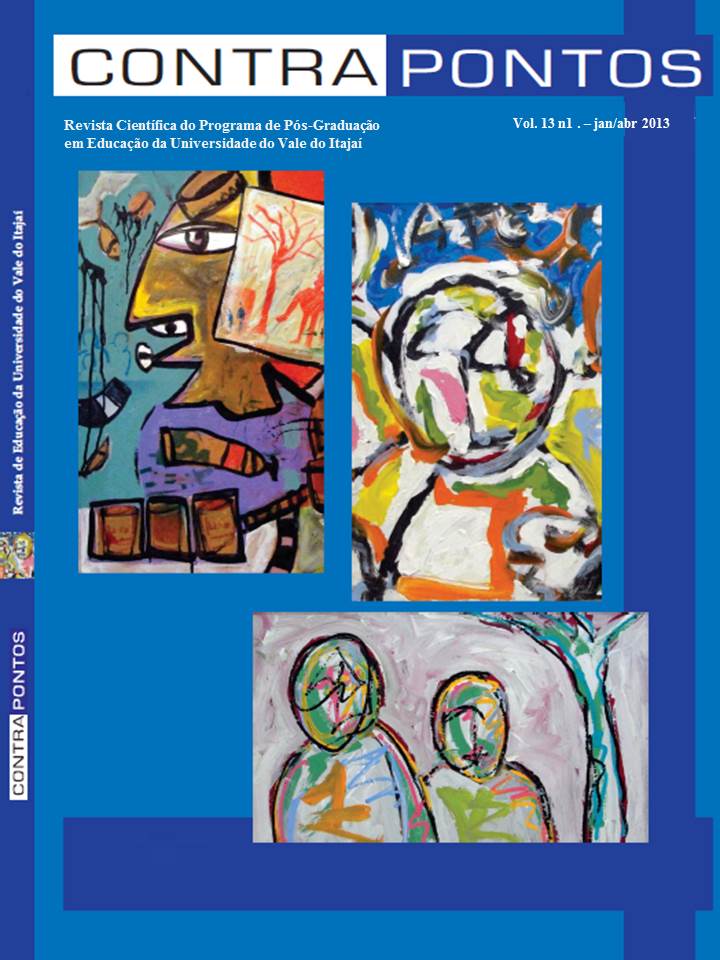THE FATIGUE OF WORDS AND THE FREE SPIRIT IN NIETZSCHE
Published date: 21/03/2013

Words indicate authority to measure, classify and regulate people’s lives, curricula, and culture. Paradoxically, the sensation is one of fatigue – words seem to be tired, not desiring to be pronounced in the process of repeating what has already been said. Fatigue is intensified by the tiredness of truth and by the giving up of novelty. What do we do when we are tired of using words, since they seem to be captured by the desire to pronounce some kind of truth? The desire to know has turned into a desire to repeat. So what can we do about the fatigue? It seems that we need to separate words from the speed and hurry of the qualified spaces that legitimate the discourses. Fast words are running over each other in the dispute for space that gives the right to visibility. How can we insert slower words that need more time to be pronounced? The silences between words, between paragraphs, more than interruptions, are gestures of reflection, in the words of Nietzsche, allowing oneself to be led by an “arbitrary rebel, a volcanic desire for travel, for exile, distancing, cooling, sobriety, a hatred of love, perhaps a gesture of sacrilege, a looking back (…)”, so that in this voyage, with no hurry, slower, we think again about what we need to say and think. We all have a desire for clarification, which also depends on words. How then, are we misguided or enlightened when we speak about human education? This question leads us to the text O alienista, by Machado de Assis – does Simão Bacamarte misguide or elucidate us about mental health? Words gave him the authority to measure, classify and regulate the life of the people of Itaguaí. But what really happens? In this crossing over of words from the field of literature to the field of pedagogy, the text aims to make us think about our desires to educate the other, and the need to give up words in order to gain a free spirit.






